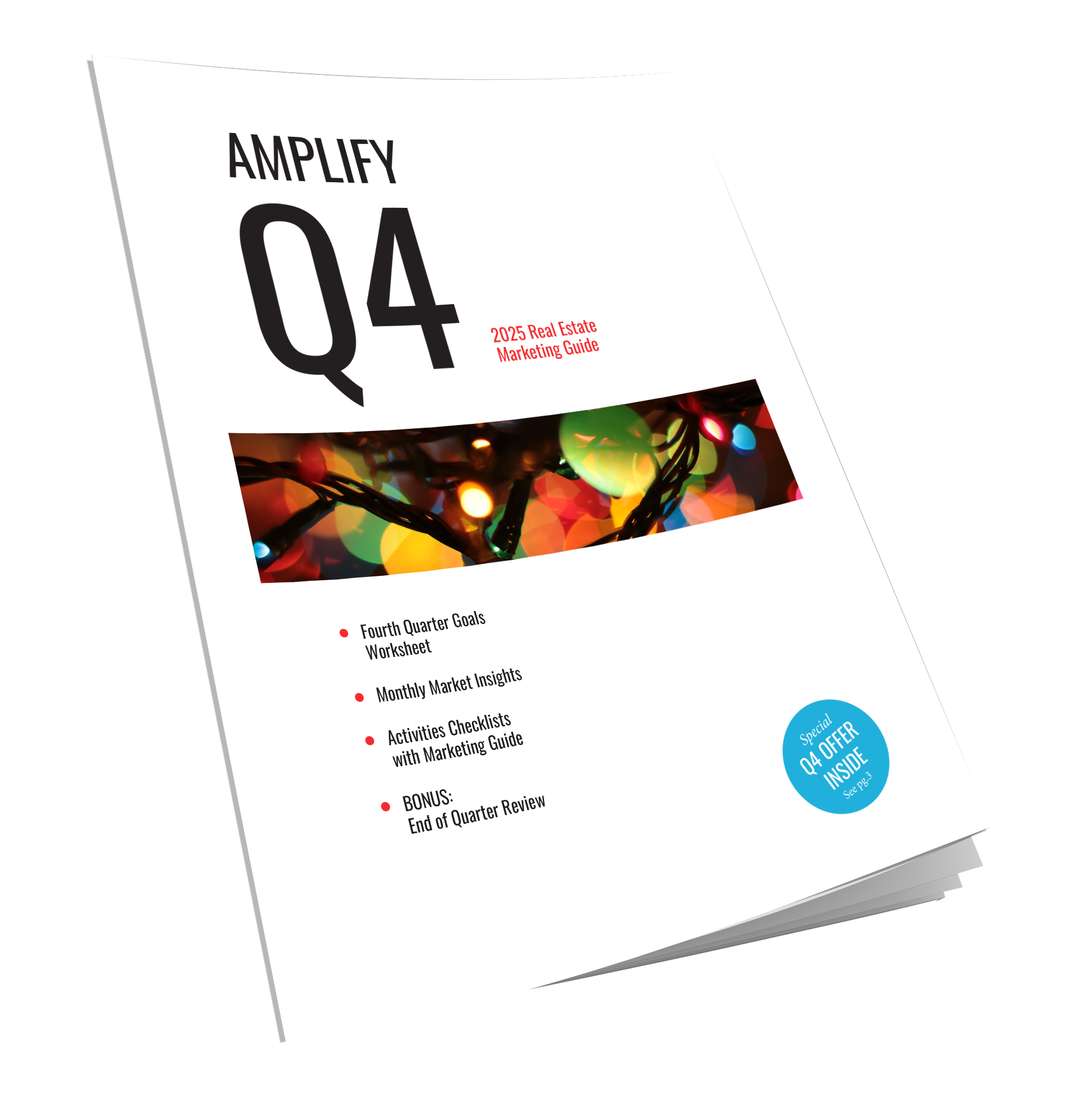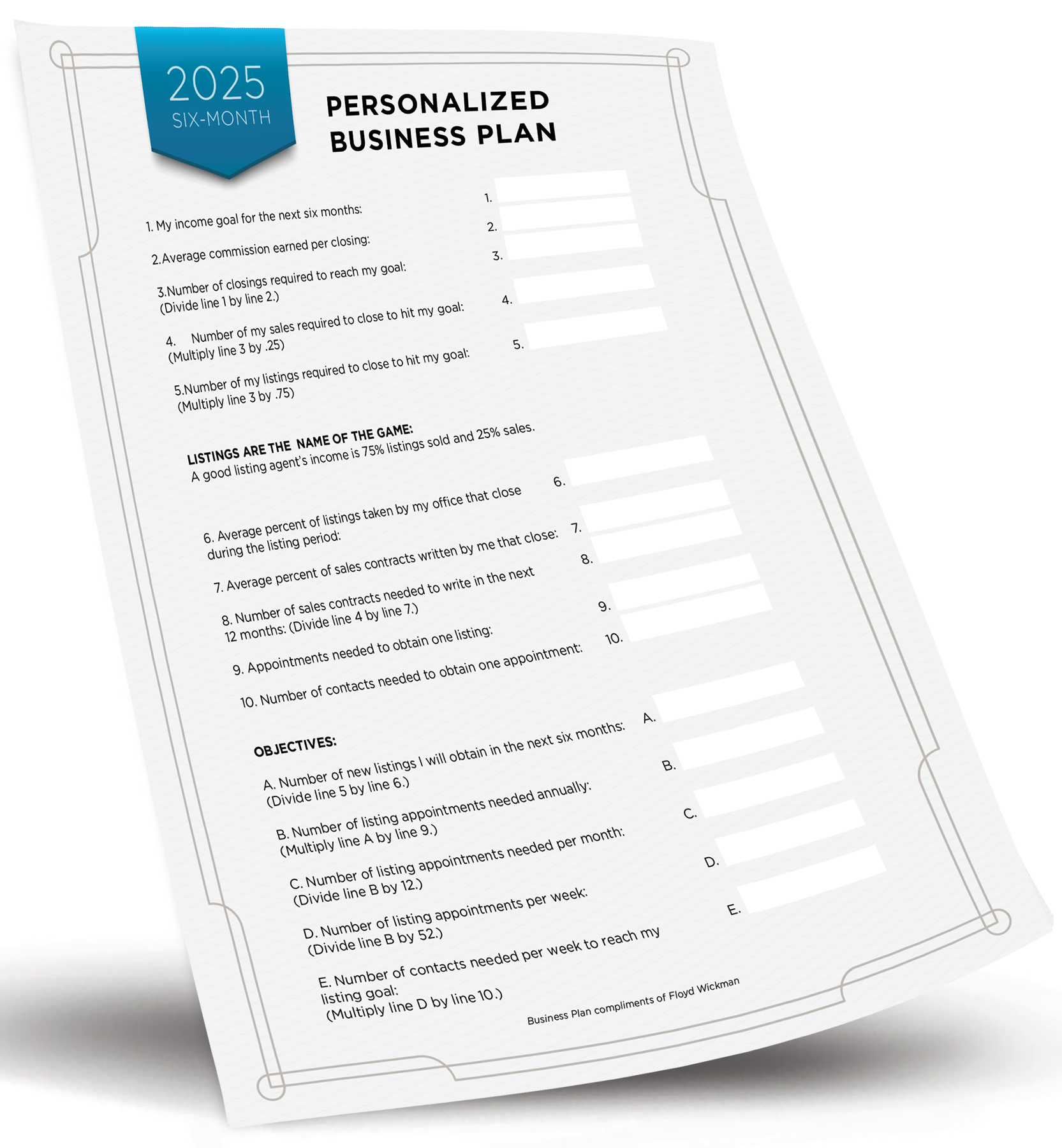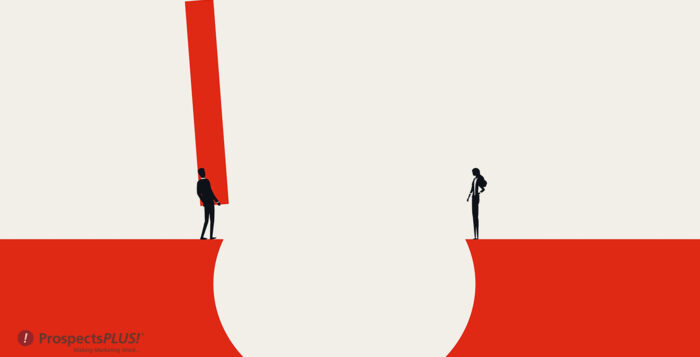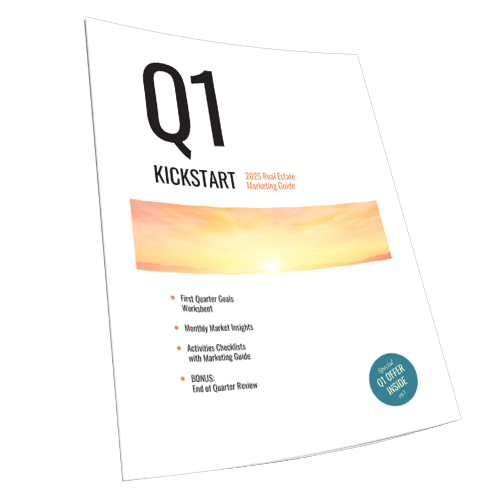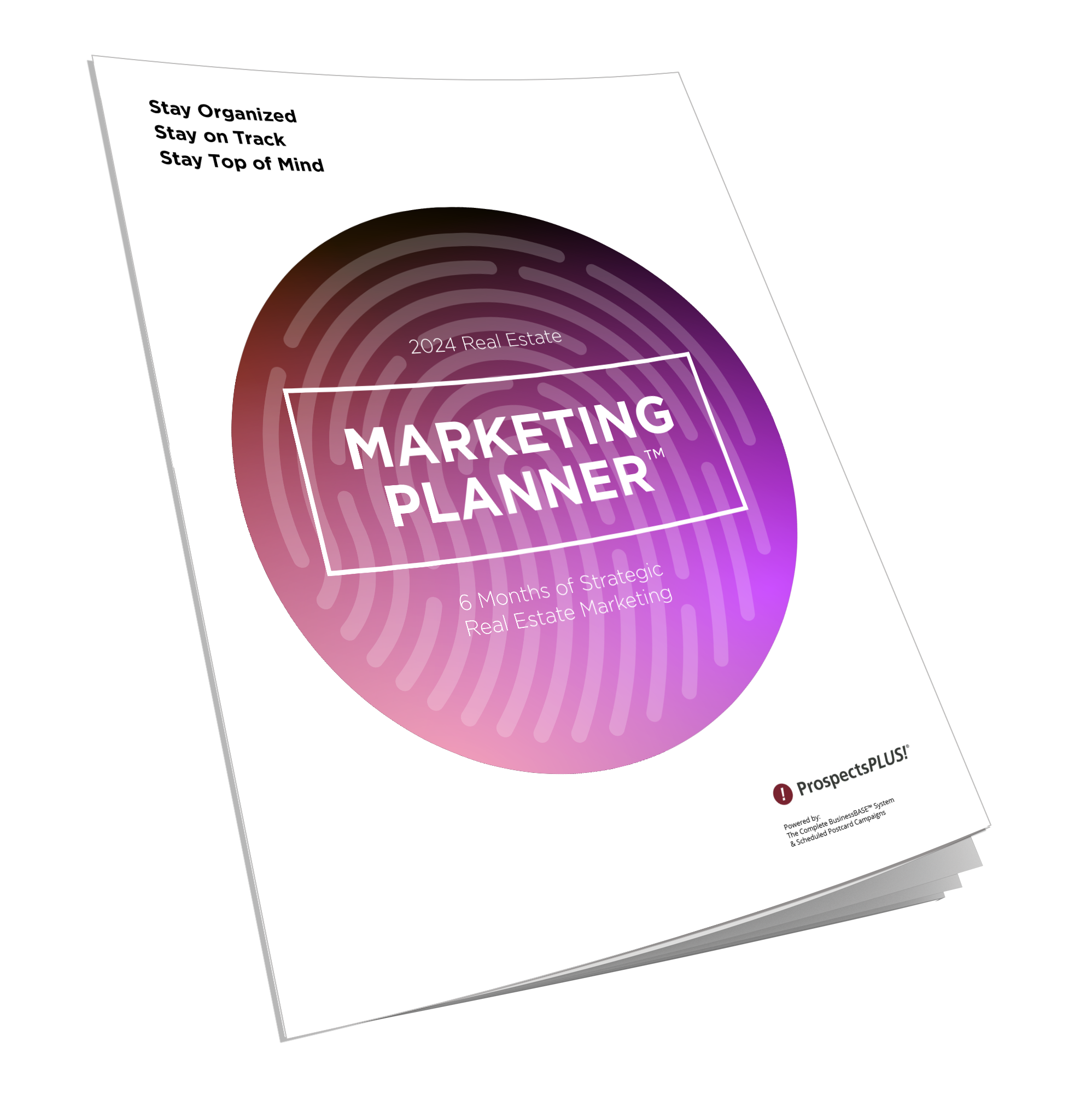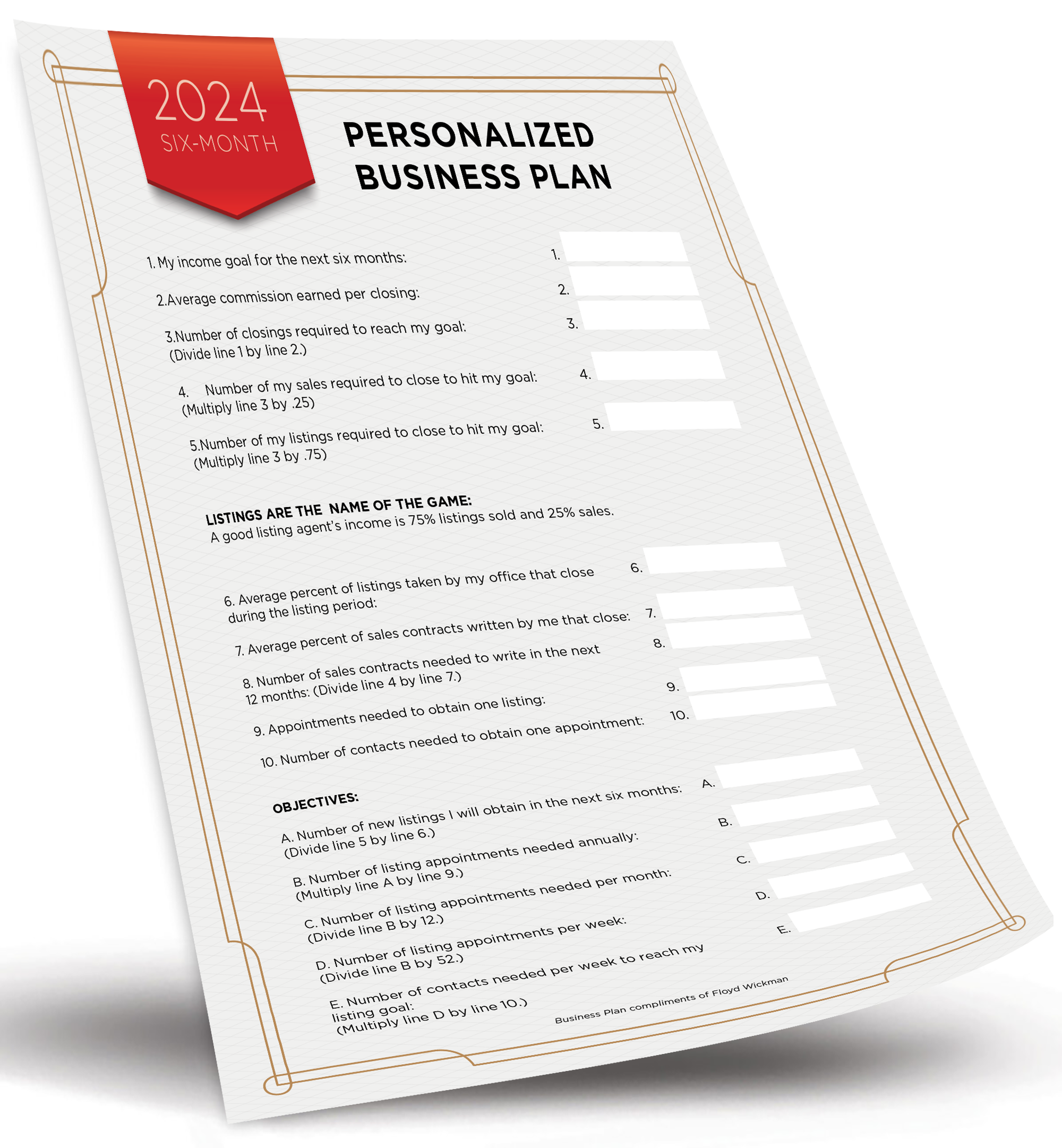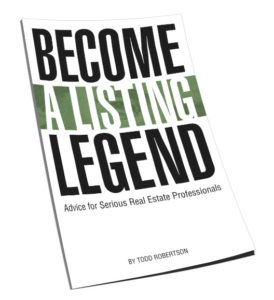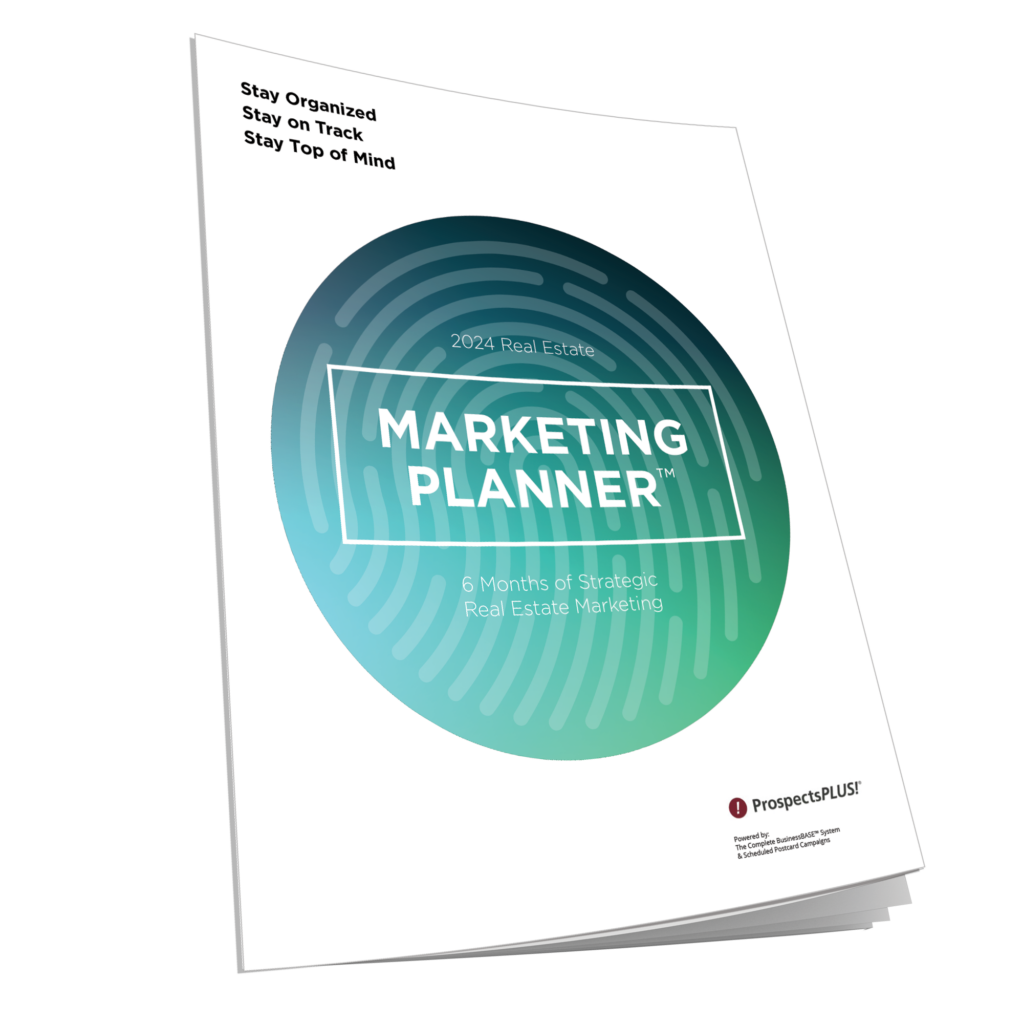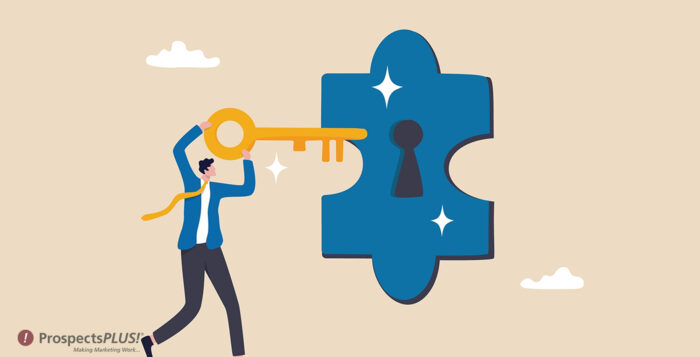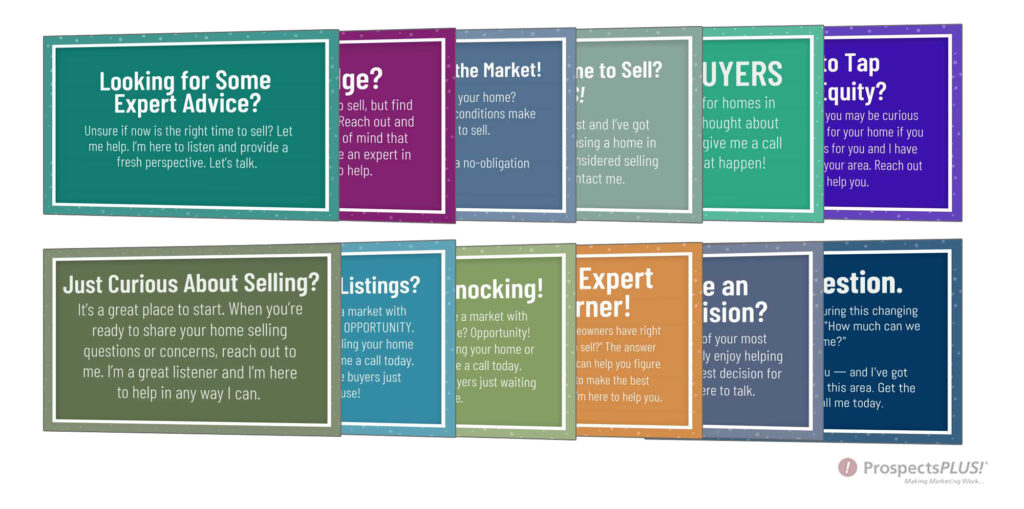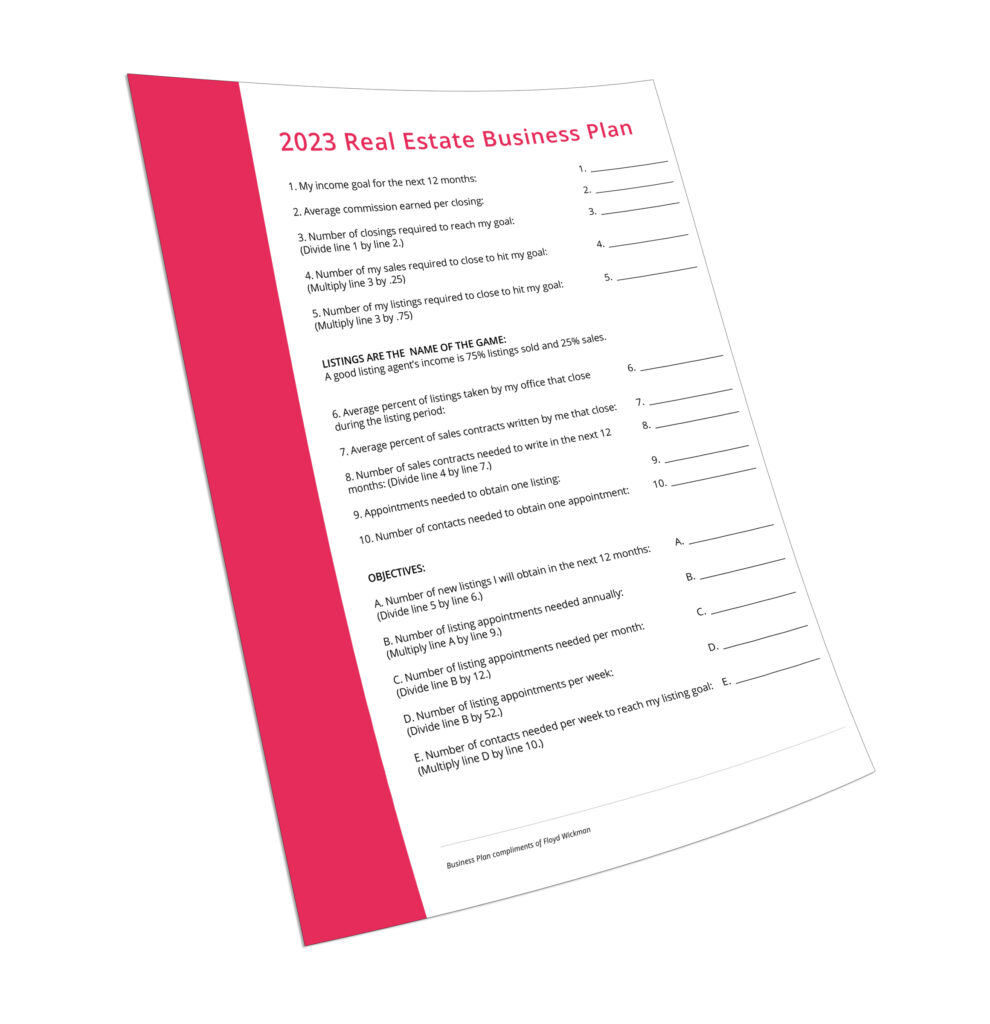Every real estate agent knows that quiet stretch between closings — when the phone slows down, deals are wrapped up, and you suddenly have space to breathe.
While it’s tempting to coast, this “downtime” can actually become your most powerful growth window if you use it wisely.
Here’s how to turn slow weeks into prime time for your business.
Reconnect with Past Clients and Leads
Did you know that 65% of an agent’s business typically comes from past clients and referrals (NAR 2025). Yet most agents only reach out when they need something.
Use this lull to rekindle relationships — send a friendly check-in, deliver a homeowner tip, or share a local market update. It’s not about selling — it’s about staying memorable.
Even a short “How have you been?” text or postcard can bring you top-of-mind right before someone decides to sell.
Refresh Your Marketing Systems

Take an honest look at your marketing funnel. Which postcards, emails, or social campaigns brought in your last listing lead? Which fell flat?
Focus on optimizing your 20% that drives 80% of your results.
-
Update your database with new contacts.
-
Schedule next quarter’s direct mail campaigns.
-
Create fresh email templates or neighborhood content.
Automation tools and pre-scheduled campaigns let you “market in your sleep” — so your pipeline never pauses when you do.
Build New Skills and Smarter Strategies
Markets change fast — and agents who keep learning stay earning.
-
Take a micro-course in negotiation, AI-powered prospecting, or social video marketing.
-
Practice listing presentations or objection handling with a peer.
-
Set one professional goal for next quarter and reverse-engineer your action steps.
Think of this as reloading your expertise before your next sprint.
Test a New Lead Source
Downtime is the perfect low-pressure moment to experiment. Try:
-
A hyperlocal postcard series to homeowners likely to sell soon.
-
A referral incentive for your past clients.
-
A new script or funnel for FSBOs or expired listings.
The goal isn’t perfection — it’s practice and data. Even one new test can reveal your next profitable niche.
Refuel Yourself, Too
Burnout is real, and your energy is your brand’s engine. Use this time to rest, reflect, and reimagine what success looks like. A relaxed, focused you is the best asset your business can have.
Downtime isn’t the absence of opportunity — it’s the space where growth quietly happens. The most successful agents don’t just “get through” slow seasons; they use them to prepare for their next breakthrough.
PLUS: When you have time…below are some marketing tools to help support your success.



